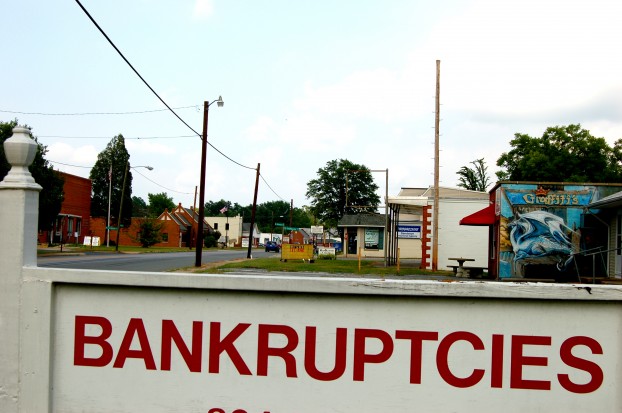What You Should Know About Creditors After Declaring Bankruptcy
So you’ve just declared bankruptcy. The whole process has been unpleasant, to say the least, but it’s out there, it’s over.

Right?
Unfortunately, it seems like there are some creditors who are still on your case, chasing after you, despite your bankruptcy status. In that situation, what should you be doing?
The first term related to bankruptcy is an “automatic stay.” In legal terms, “The filing of a bankruptcy case, under any chapter of the Bankruptcy Code, triggers an injunction against the continuance of any action by any creditor against the debtor or the debtor’s property.”
In other words, it means that for the debts that were discharged after your bankruptcy (remember, there are debts that cannot be discharged), creditors cannot continue to contact you about them. If creditors are coming after you filed for bankruptcy, they are technically breaking federal laws by doing so. An automatic stay means that any wage garnishments, collection agency calls and letters related to eligible debt must cease after you file paperwork for bankruptcy.
Sometimes, creditors can be sneaky -- they are, after all, chasing you for money that you owe -- and can claim that they never received the bankruptcy filing. Or even worse, they might fail to update a creditor report saying that you now owe “$0” due to debt being discharged upon bankruptcy. If this amount sticks with you and the report doesn’t reflect that the debt was discharged due to bankruptcy, it’ll hurt your credit score even more.
Whatever the situation, you are responsible for making sure that you are up-to-date with your reports and you should also ensure the creditors and collection agencies have been made aware that you’ve filed for bankruptcy. You will need to send all necessary documentation and paperwork to the relevant parties, and make sure that any court-related documents are in fact sent out in a timely manner to your creditors.
After you’ve sent in the necessary files and reports, make sure to keep an eye out on your creditor report to see that all charges are updated accordingly, and to dispute it to either the creditor or collection agency as soon as possible if there is an error.
In the worst case scenario, there are still options. If you hired a bankruptcy attorney to help you file (and you should have!), he or she needs to know if creditors continue to contact you regarding debt that has been discharged. Criminal charges can be brought against the institution, and you may be eligible to bring a lawsuit against the creditor in that case. Hopefully it won’t take such drastic measures, but do know that options are available.

Related Stories:
Hotel Scams: 3 Sneaky Ways Your Credit Card Number Can Be Stolen
